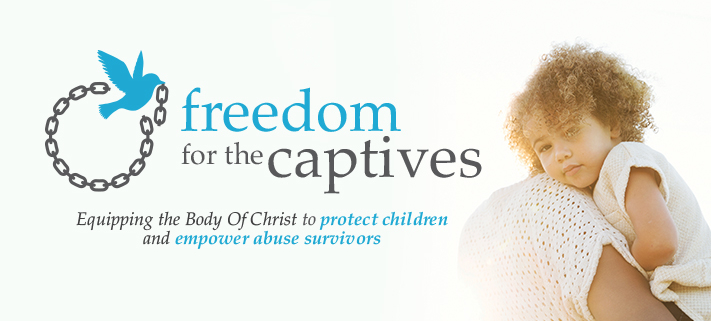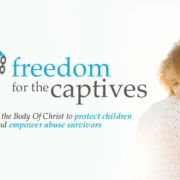Do not Despise a Little One
See that you do not despise one of these little ones. For I tell you that their angels in heaven always see the face of my Father in heaven. Matthew 18:10.
When Jesus urges us not to despise the little ones, he is advocating that we listen to children, keep them safe, and support them spiritually when they have been harmed.
When it comes to child abuse, though, the signs are all too easy to ignore. A child’s voice is often disregarded or not believed. Why?
No children in my church have abusive families
According to the Centers for Disease Control and Prevention, last year about one in seven children experienced abuse and neglect. One in seven. Like all sin, this one does not stop at the church doors.
I have not seen any kids with bruises
The number one type of abuse is neglect, the failure to meet a child’s basic physical and emotional needs. This include providing adequate housing, food, clothing, education, and access to medical care.
Neglect looks like “Tommy,” a child in my first-grade classroom. Tommy always had body odor, his teeth were all silver because of extensive tooth decay, and he reported going to the bar his parents owned after school. Tommy was neglected, and he needed someone to intervene. You have children like Tommy in your church. Find them.
I don’t want to cause trouble in the family
I felt this way once, too. It comes from good, but misplaced, intentions. Our responsibility lies with the child’s well-being, which means abuse must be reported to authorities. They have the knowledge needed to investigate and address any family interventions needed. Reporting is a loving action. It ensures that children are safe, and it may provide parents with additional resources they need.
God has blessed you with resources to help. Here are some steps a church can take, along with resources to help you get started.
- Talk about abuse – frequently. Define what abuse is and its effects. Condemn it as a sin. Children and adult survivors need to hear that abuse is not okay and that the church has safe adults for them. The Freedom for the Captives website has information about abuse.
- Mandatory Reports. Make reporting abuse a non-negotiable expectation for all called workers and volunteers at the church. Be clear with all parents and guardians that this is a policy at your church or school.
- Start creating a child safety policy. A child safety policy is your plan for keeping children safe while they are in the care of the church.
- Refer survivors to resources. Victims of abuse, including adult survivors of child abuse, may need additional help with community resources. The local domestic abuse shelter has free information. The Freedom for the Captives website has spiritual and factual information as well as information about Christian therapists.
Become familiar with abuse, its effects, and how to prevent it. Encourage children to have a chance to speak to safe adults who are ready to listen and believe. Do not despise the little ones; make them feel welcomed and help them be safe in their church.
By Michelle Markgraf
SUBSCRIBE TO HIS HANDS
Get Special Ministries news and updates right to your inbox.
SUPPORT SPECIAL MINISTRIES
Support the ministry work of WELS Special Ministries.




